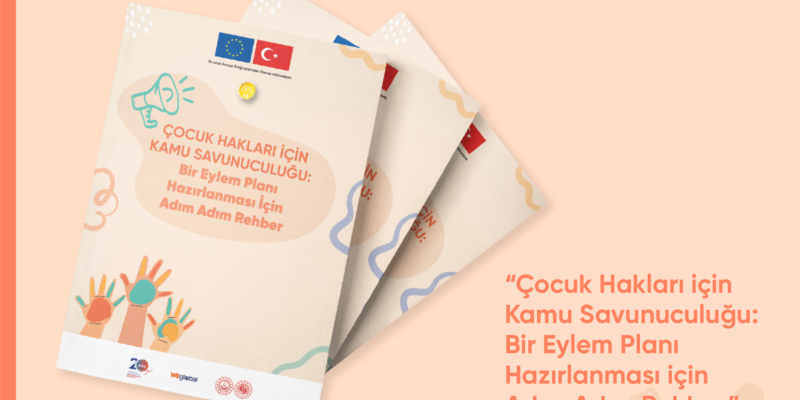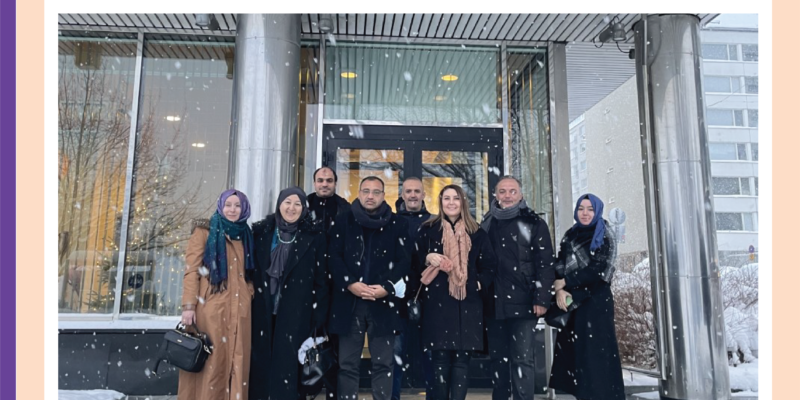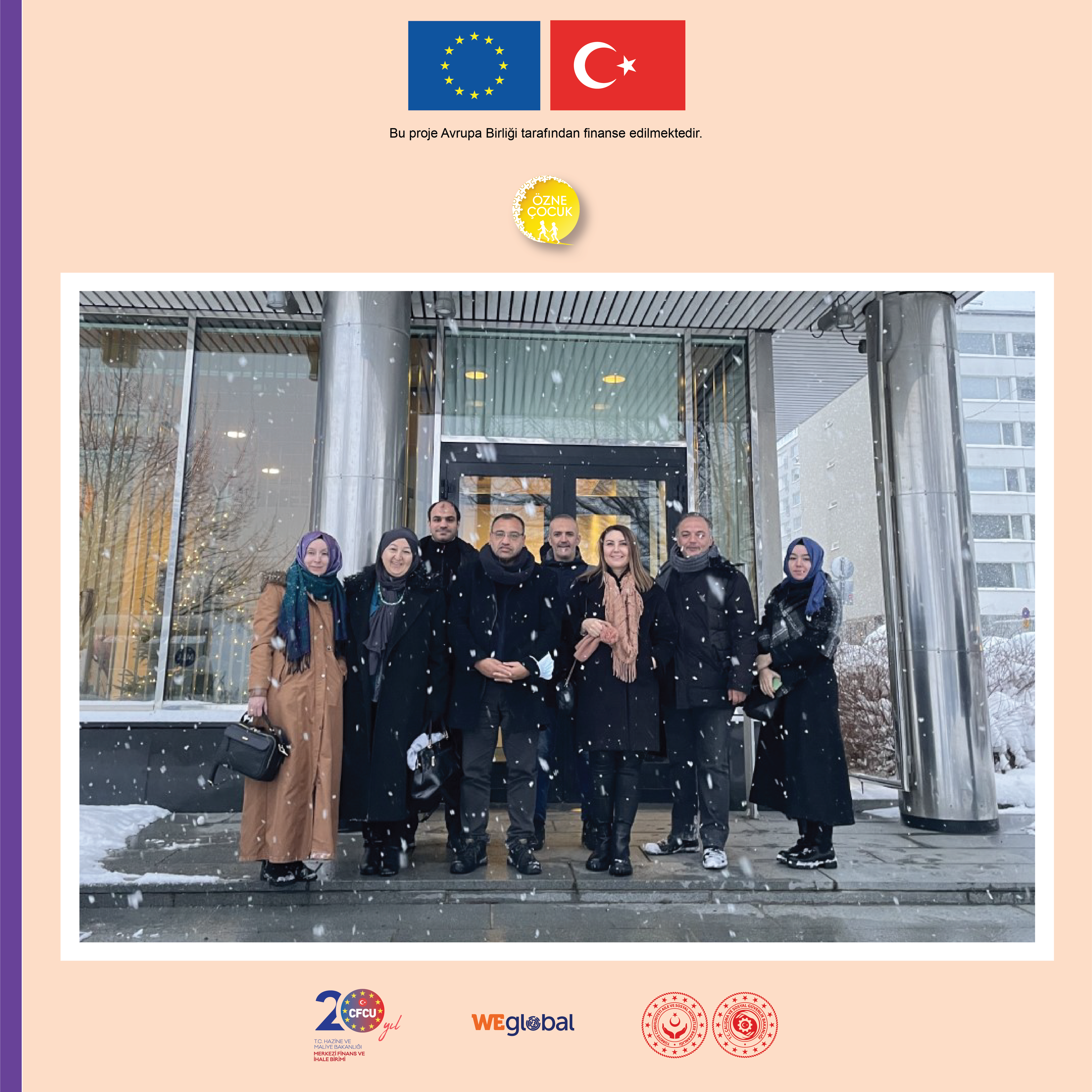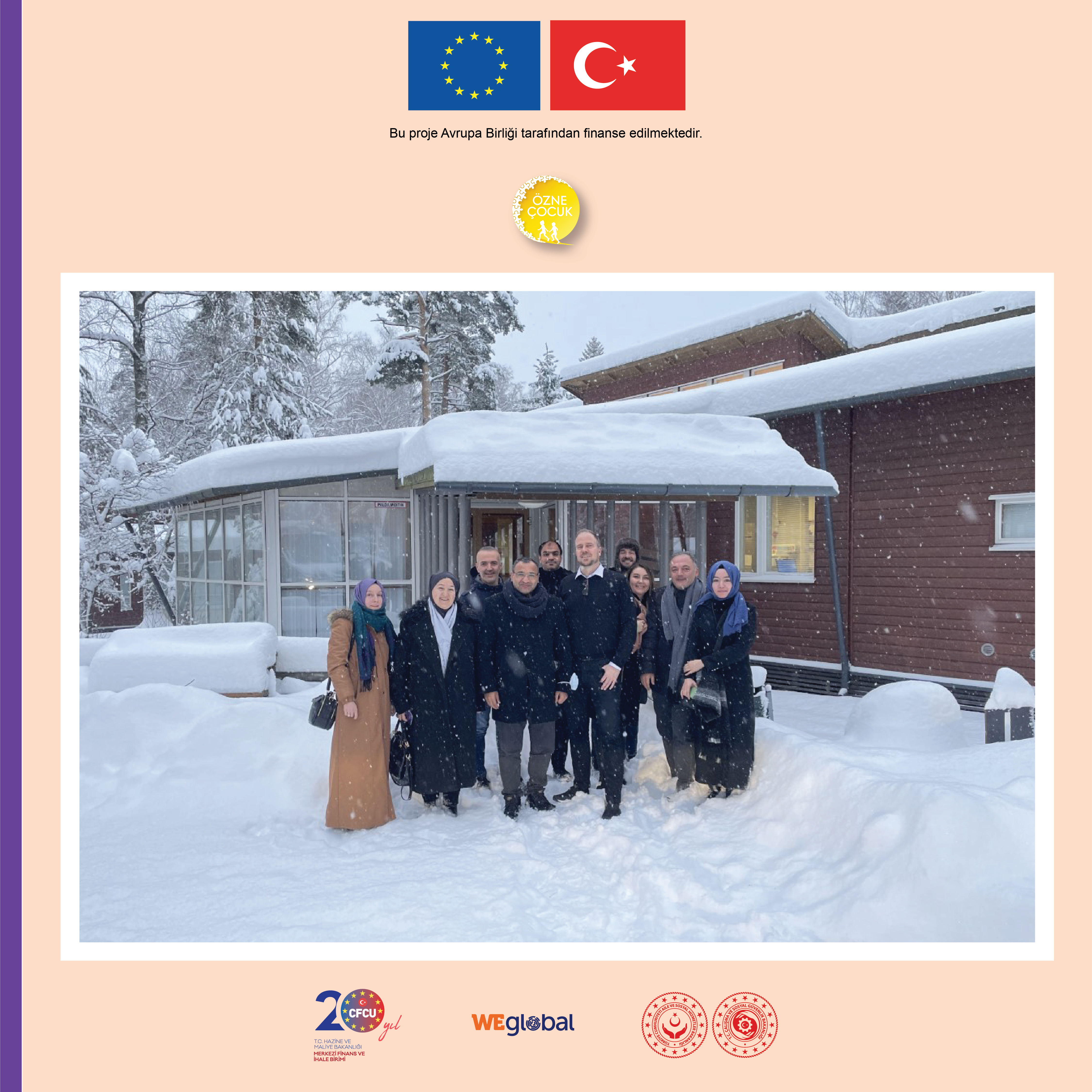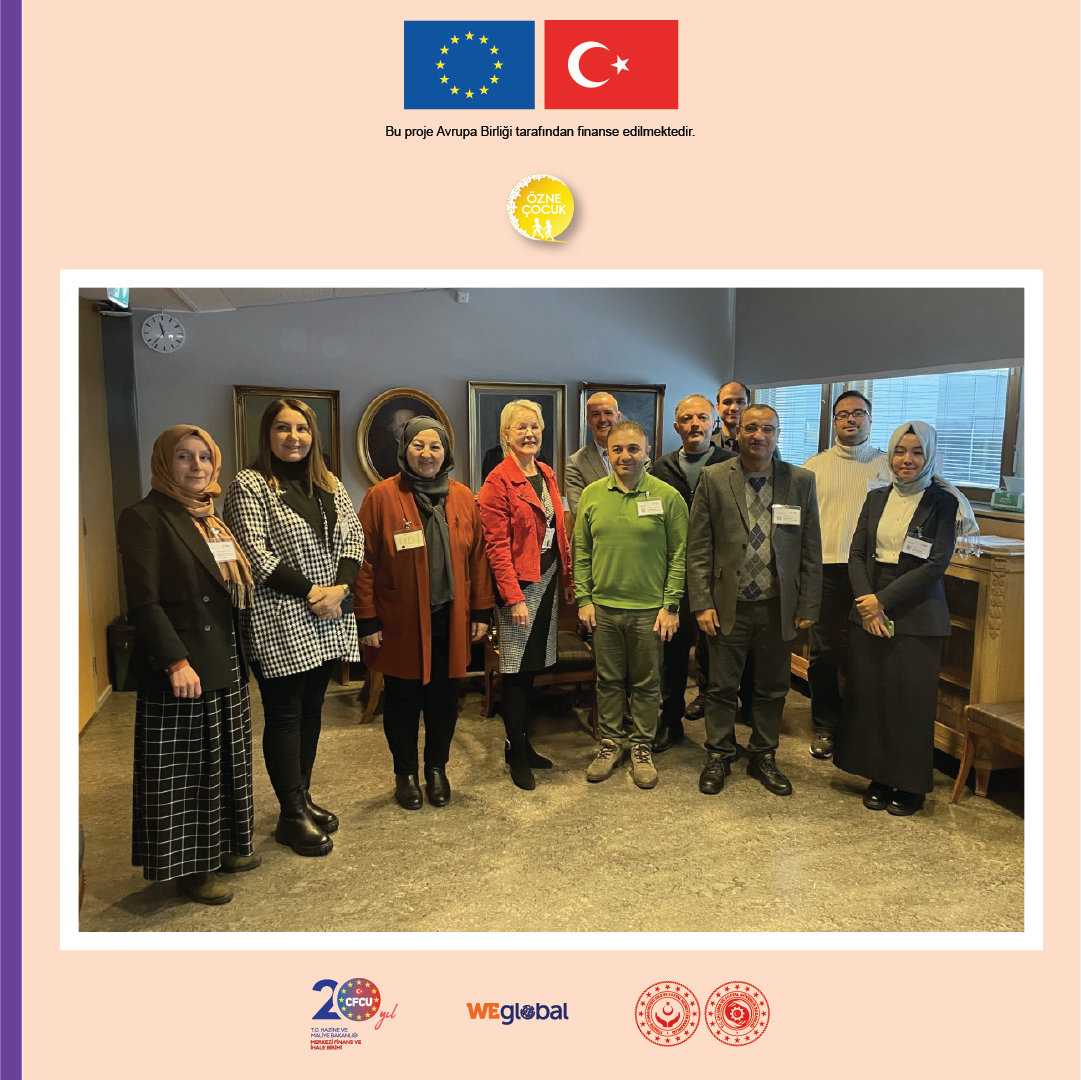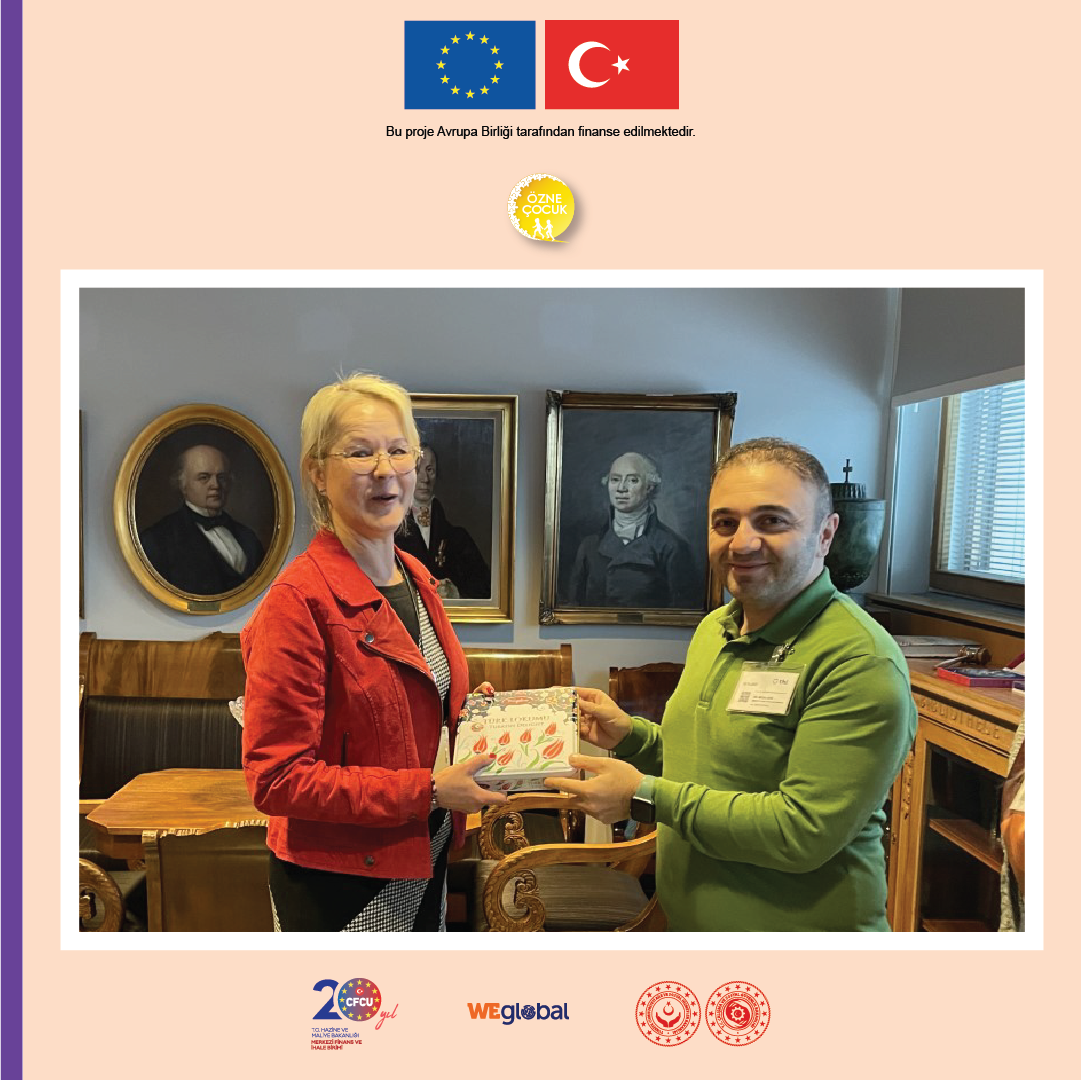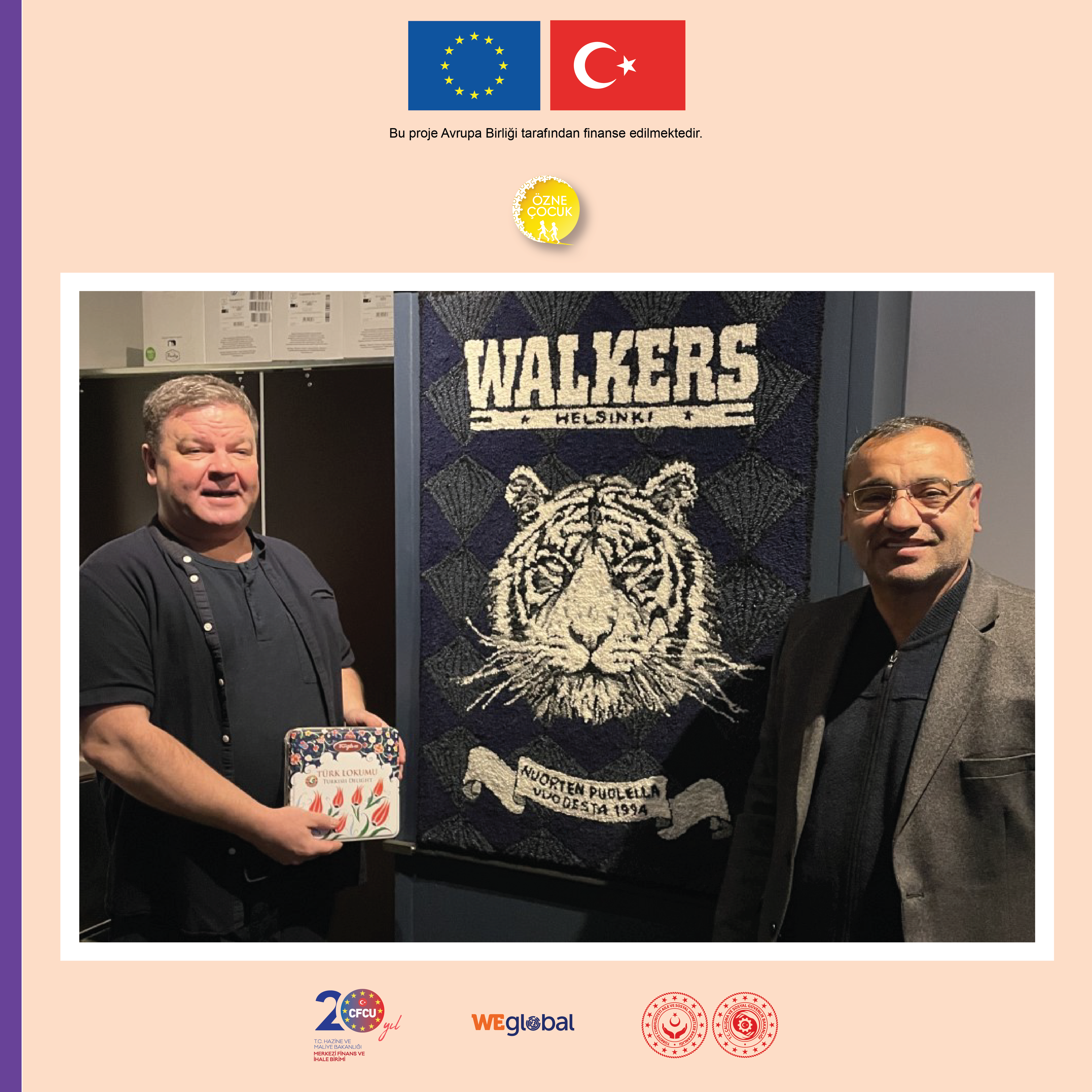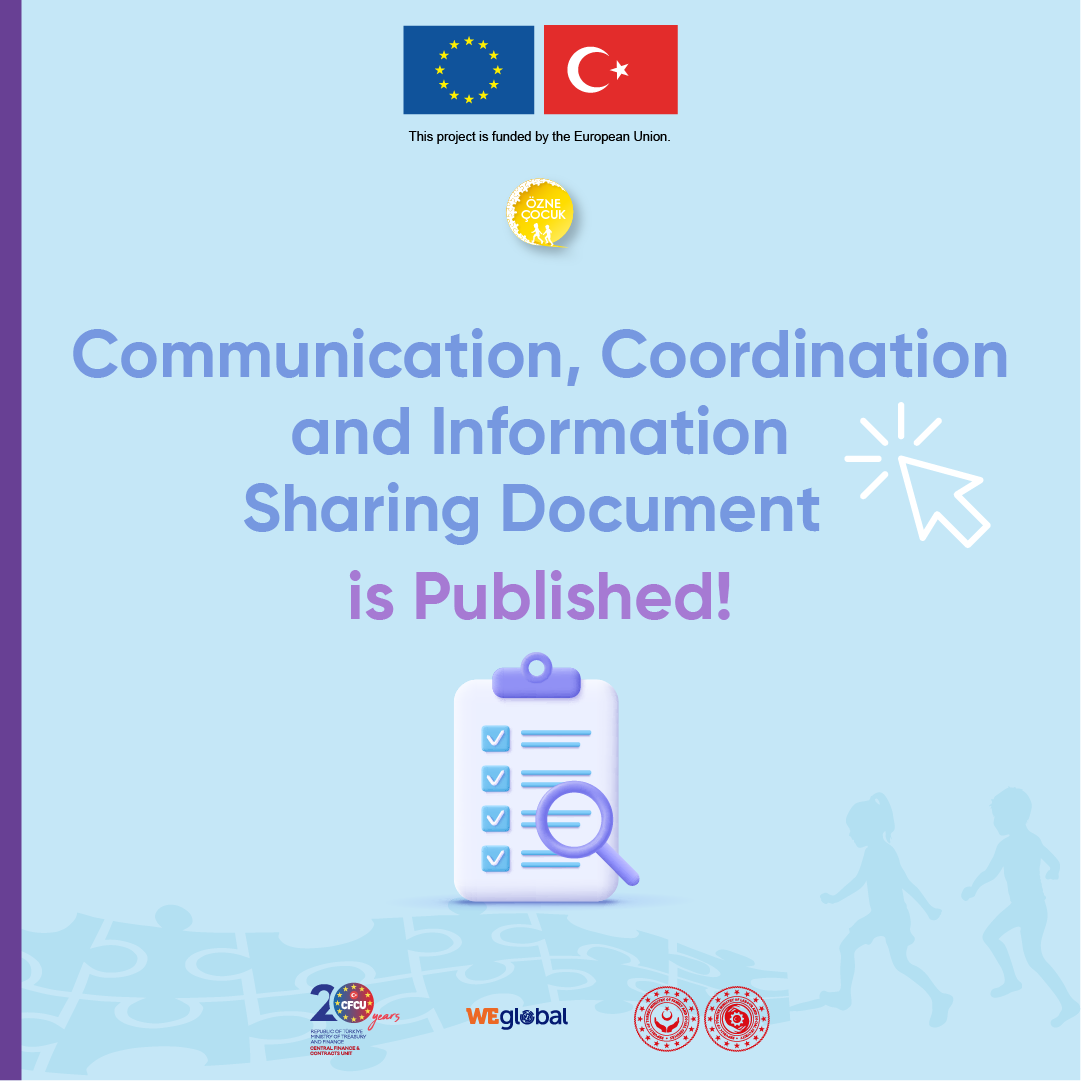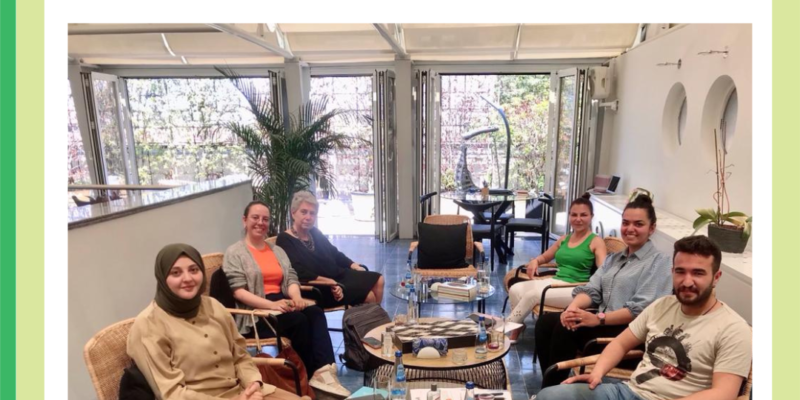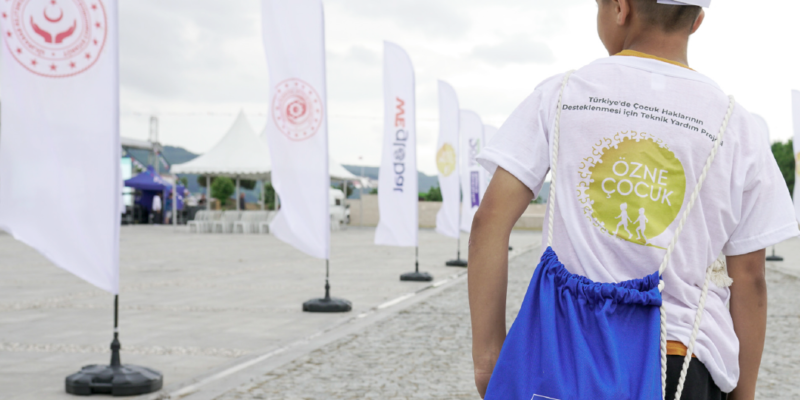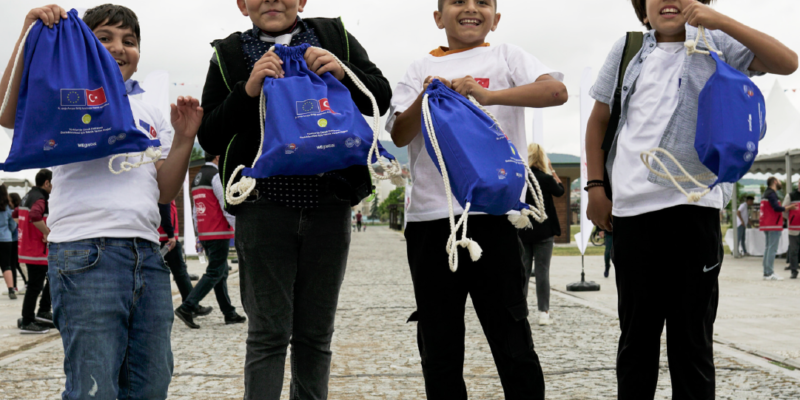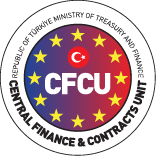"Public Advocacy for Children's Rights: A Step-by-Step Guide for Preparing an Action Plan" is now available!
Why Did We Prepare an Advocacy Document?
One of the objectives of our project is to improve the relationship of the end beneficiary with civil society organizations (CSOs) specializing in child rights and to support the improvement of public - CSO cooperation. In addition to this support, through our work, we also aim to strengthen the advocacy capacity of CSOs and their ability to monitor welfare, protection and care services for children. To this end, our project experts prepared the document "Public Advocacy for Children's Rights: A Step-by-Step Guide for Preparing an Action Plan" following a 6 month-long work.
What is Included in This Guide?
Our guide includes 13 steps to help CSOs build their capacity for advocacy planning and campaigning. Designed to contribute to the improvement of CSOs' capacity to raise public awareness, monitor protection and care services for children under vulnerable conditions, and advocate for child rights before relevant public institutions, the guide is a tool that all institutions and organizations can use to plan their public advocacy campaigns.
It presents a systematic, evidence-based, result-oriented and contextualized approach to public advocacy planning, and provides tools for developing and implementing advocacy and awareness-raising activities.
Awareness Raising Strategy Document is Available!
Our Guide also includes an "Awareness Raising Strategy". This strategy serves as a roadmap for designing and implementing communication activities under the project to build stakeholders' capacity for advocacy, coordination, collaboration and information sharing. The awareness-raising strategy is rooted in the principles of behavior change and social transformation. It provides an outline of persuasive, evidence-based, solution-oriented and measurable interventions that will lead to positive behavioral change among target groups, including decision-makers, CSOs and the general public.


